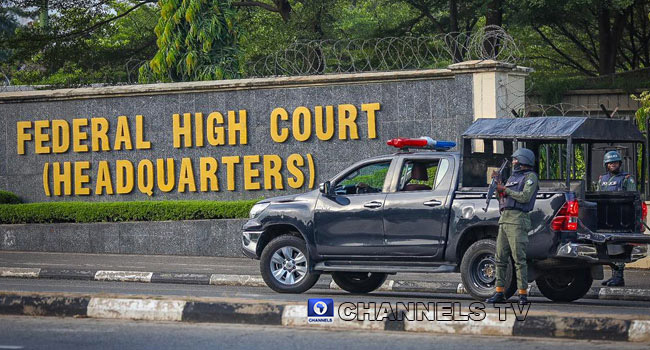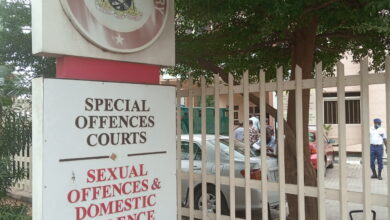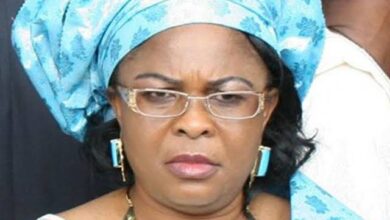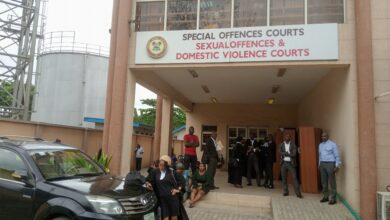
The inability of the 109 foreigners charged with cybercrime to secure legal representation has delayed their scheduled arraignment before a Federal High Court in Abuja.
The individuals, believed to be citizens of China, Indonesia, Vietnam, the Philippines, Thailand, Brazil, Malaysia, and Myanmar, were recently arrested by the police at their residence located at Plot 1906, Cadastral Zone 807, Katampe District of Abuja.
They are accused of engaging in cybercrime by allegedly promoting a fraudulent and unregistered gaming platform.
The charges are outlined in a six-count indictment marked FHC/ABJ/CR/599/2024, filed by the Inspector General of Police (IGP).
The foreigners are charged with cybercrime, money laundering, and unlawfully residing in Nigeria.
When they were brought to court, the prosecution expressed its readiness for the arraignment.
However, Justice Ekerete Akpan noted that the defendants were not represented by any legal counsel, prompting him to reschedule the arraignment for November 22.
This extension is intended to give the defendants time to secure legal representation.
One of the charges alleges that the defendants conspired with each other to commit cybercrime, which violates Section 27(1)(b) of the Cybercrimes (Prohibition, Prevention, Etc.) Act, 2015 (as amended, 2024).
Also Read: Court Summons Naira Marley To Appear For Alleged Cybercrime-related Offences
Another count states that they “knowingly accessed a computer and network, input, altered, deleted, or suppressed data,” resulting in inauthentic information being treated as genuine.
This action contravenes Section 13 of the Cybercrimes Act.
In addition, the defendants are accused of “knowingly and without authority causing loss of property to individuals in Nigeria and abroad” by inputting and suppressing data to mislead people into believing the unregistered gambling platforms they promoted were authentic.
This offence is punishable under Section 14(1) of the Cybercrimes Act.
They are also alleged to have promoted a fraudulent and unregistered gambling platform via electronic messages on the Internet, materially misrepresenting facts about the platform.
This misconduct allegedly led to significant economic losses for individuals in Nigeria and elsewhere and violates Section 14(2) of the Cybercrimes Act.
Furthermore, the defendants are accused of removing proceeds generated from the operation of fraudulent platforms such as 9f.com, c2.top, and 8pg.top, which constitutes money laundering under Section 18 of the Money Laundering (Prevention and Prohibition) Act, 2022.
Finally, the defendants are charged with entering Nigeria on a business permit valid for 30 days, after which they failed to leave the country. They remained in Nigeria without a valid resident permit or appropriate visa, violating Section 4(2) and punishable under Section 44(1)(c) of the Immigration Act, 2015.







